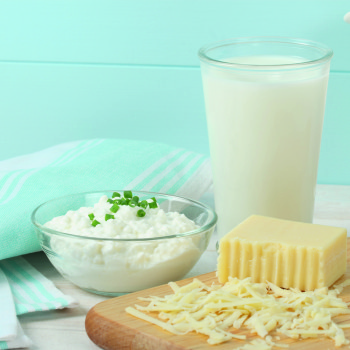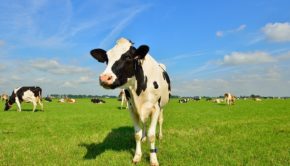New report confirms presence of harmful bacteria in raw milk

Listeria, Campylobacter, Salmonella and E.Coli detected in new tests
10 March 2015
Raw (unpasteurised) milk can contain harmful bacteria which increases the risk of developing foodborne illness, a new report published today by the Food Safety Authority of Ireland (FSAI) shows.
The FSAI continues to recommend that the sale of raw milk for direct human consumption should be prohibited in Ireland and advises that the most effective way to protect public health is to ensure that all milk is effectively heat-treated (e.g. pasteurised or boiled), especially when served to infants, children, pregnant women, older people and those with a weakened immune system or those suffering from a chronic disease.
However The Campaign for Raw Milk Ireland was created in June 2011 to oppose the government’s proposed ban on the sale of raw milk in Ireland at that time. The group which is a co-ordinated effort by farmers, food sellers, food organisations and consumers, has a website (www.rawmilkireland.com) that details where raw milk is available for sale in Ireland.
The FSAI’s new report details the results of a microbiological survey confirming the presence of pathogens in raw milk and the in-line filters used in the milking equipment. For raw milk samples, detection rates of Listeria monocytogenes and Campylobacter were 7% and 3%, respectively. However, detection rates in milk filter samples were considerably higher at 20% and 22% respectively, which suggests a greater potential for contamination of raw milk. In addition, Salmonella was detected in 1% of raw milk filters and 0.5% of raw milk samples, while E. coli O26 (VTEC) was detected in 6% of raw milk filter samples, showing its potential to contaminate raw milk.
Dr Wayne Anderson, director of Food Science and Standards, FSAI, said: “Almost all milk on sale in Ireland is pasteurised and pasteurisation is the simplest and most reliable method to ensure that milk is safe to drink. While the market for raw milk is small, it remains a serious concern given the well-documented public health risks posed by the presence of pathogens in raw milk. We are therefore recommending that raw milk should be avoided by consumers, but for those who still wish to drink it, they should, at a minimum, boil the milk before drinking it to kill any potentially harmful bacteria.”



 Print
Print



Fans 0
Followers